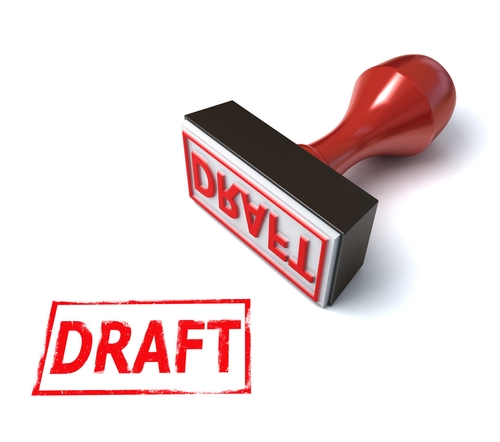When to draft an expert report is an area of disagreement amongst subrogation professionals, attorneys and experts. Typically the attorney will request that an expert wait to draft a report until discovery is complete and the deadline to designate testifying experts is on the horizon. Conversely, most adjusters ask for a report as soon as possible in order to finalize the claim. Luckily, the recent changes to the Federal Rules of Civil Procedure helps both the subrogation professional and adjuster achieve their goals.
In 2011, Rule 26(b)(4) (expert disclosures) was amended to “protect drafts of any report or disclosure required under Rule 26(a)(2), regardless of the form in which the draft is recorded.” Originally, drafts of an expert’s report were discoverable when the testifying expert was disclosed. The expert had one chance to draft a complete report. Any changes to the report that were suggested by counsel, however mundane, subjected the expert to a scathing cross-examination and an inference that the lawyer was telling the expert what to say. Now, all drafts are protected from disclosure by the work-product privilege. This permits the lawyer to work with the expert to craft a thorough report and avoid incomplete or lazy report writing that may provide opposing counsel the necessary ammunition to damage a case.
But the question is–what is a draft and what is a final report? Because the rule was only recently amended, the case law interpreting the rule has not yet developed. The only decision thus far is out of the Western District of Louisiana. Magistrate Judge Mark Hornsby denied the plaintiff’s request for a report that was drafted 5 months before counsel was retained and the lawsuit was filed. See Greenwood 950, LLC v. Chesapeake Louisiana, LP 2011 WL 1234735 (W.D. La). The opinion is unpublished and carries no precedential value, however, it may provide guidance to other district judges and magistrates that are confronted with this issue.
The Advisory Committee to the rule amendment noted that the work-product privilege was extended to draft reports because unlimited access to expert discovery has “had undesirable effects.” 2010 Notes of Advisory Committee ¶ 2. The Advisory Committee specifically noted that the changes to the rule were due to rising costs under the old rule and the old rule hindered the free exchange of information between the attorney and expert. Id. The notes from the Advisory Committee imply that the rule should be interpreted broadly. A court will likely consider whether the report was drafted in anticipation of litigation and when counsel was retained. Determining what is a draft report and what is a final report is yet to be settled, but we will be closely monitoring any new developments.




